Copper Peptides For Skin: Benefits, Side Effects, And How To Use
Revitalize your skin with the nourishing power of this unique ingredient!
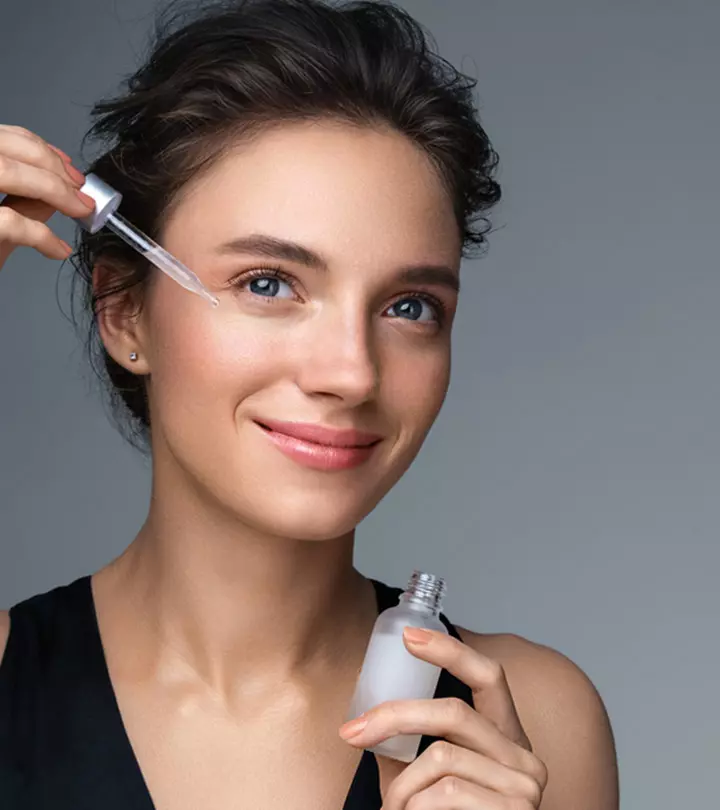
Image: Shutterstock
In recent times, copper peptides have gained immense popularity because of their amazing qualities in maintaining youthful and healthy skin. Moreover, it is interesting to note that copper peptides have been the primary component in many skin care products to heal wounds. Many skin care experts have praised the capacity of this unique ingredient to reduce the signs of aging in all skin types. Some dermatologists even recommend using these peptides over fillers and Botoxi The muscle relaxant treatment done with injections to block signals from nerves and cause the muscles to contract to reduce wrinkles. treatments. If you are unsure about copper peptides and their benefits for your skin, scroll down to learn more.
In This Article
What Are Copper Peptides?
Copper peptides are naturally found in the human body. Copper peptides have gained recognition in the field of dermatology and cosmetics for their potential benefits in skin rejuvenation and anti-aging. They occur in copper-binding tripeptides and aid in recovery and immunity.
(A tripeptide is a signaling protein that responds to tissue injuries by triggering an immune reaction and activating blood vessel increase.) These tripeptides stimulate collagen and elastin, i.e. essential proteins that help the skin retain its shape, form, and firmness. As your body ages, its collagen production begins to go down, resulting in visible signs of aging on the skin (1).
Lab-made peptides mimic their naturally occurring counterparts, which is why skin care companies use them in products that stimulate collagen production.
Copper peptides may also assist in improving skin and hair health, and beauty, as they have antioxidant properties that fight the free radicals in the body. By promoting collagen and elastin production, copper peptides may also help reduce and prevent wrinkles and sagging skin. These peptides additionally encourage the production of glycosaminoglycansi Body's natural moisturizers; these are molecules that work as a water-drawing agent for the skin to keep it hydrated. , including hyaluronic acid, which moisturizes the pores and skin barrier (1). In addition, they also offer wound healing. Copper tripeptide-1, a type of copper peptide, is known for its wound-healing properties.
 Did You Know?
Did You Know?Copper peptides provide significant skin care advantages, like improving complexion and overall skin wellness. Scroll down to learn more about this skin care ingredient!
Key Takeaways
- Copper peptides fight the signs of aging, like fine lines and wrinkles, and offer UV protection.
- They should be introduced in the daily skin care routine in the late 20s to early 30s when the first signs of aging start appearing.
- They must never be used simultaneously with vitamin C, retinol, or AHAs.
Benefits Of Copper Peptides For Skin
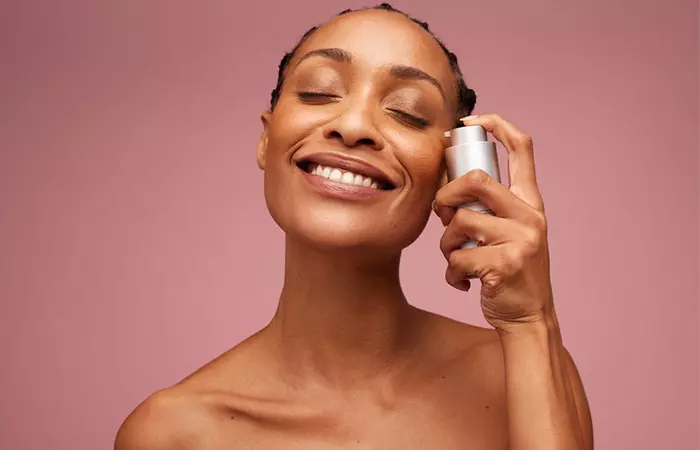
Copper peptides are one of the most sought-after types of peptides for skin. Scroll below to learn their potential benefits.
1. Reduce Wrinkles And Saggy Skin
Copper peptides tighten the skin by boosting collagen production. Along with eliminating saggy skin, they also reduce the appearance of wrinkles (1).
2. Enhance Skin Elasticity
The skin’s elasticity refers to its ability to regain its shape after stretching
. However, elastin production diminishes with age, and the skin loses its suppleness. Copper peptides are said to stimulate elastin production, resulting in enhanced elasticity of the skin (1).
Abbey Yung, a YouTuber, reviewed a serum containing copper peptides in one of her videos. After using it, she saw improvement in skin plumpness and hydration. In one of her vlogs, she notes, “My skin just has this brightness and glowiness to it that it didn’t have before (i).”
3. Treat Hyperpigmentation
Hyperpigmentation refers to the dark patches of skin that occur because of melanin overproduction. Skin inflammation from pimples, sun exposure, medicinal side effects, or general skin injuries can lead to hyperpigmentation. Copper peptides promote an even skin tone aid in regulating pigmentation, and decrease the appearance of blemishes, acne scars, and age spots by treating inflammation (1).
4. Offer UV Protection
The skin has its own properties to regenerate and fight wrinkles, aging signs, and skin cancers. However, with time, UV rays and free radicals present in the environment can still cause skin damage. Copper peptides regulate skin fibroblasts (cells that create connective tissue) to combat the UV rays (1).
 Did You Know?
Did You Know?5. Increase Blood Flow
Copper peptides may promote increased blood flow in the skin as they stimulate the blood vessels. Improved circulation may help in delivering essential nutrients and oxygen to the skin cells, enhancing their overall health and function. This heightened blood flow may contribute to the skin’s natural healing processes, potentially accelerating the repair of damaged tissues and promoting the production of collagen and elastin. Additionally, the increased circulation may facilitate the removal of toxins and waste products from the skin, promoting a clearer complexion (1).
6. Improve Skin Texture
Copper peptides may help in enhancing skin texture by stimulating collagen and elastin production, leading to improved skin firmness. They may promote cellular regeneration and support the skin’s natural renewal process, resulting in smoother, more even skin and a youthful, revitalized appearance (2).
Though copper peptides can work effectively on your skin, they can also cause certain side effects. Learn more about them in the next section.
Side Effects Of Copper Peptides On Skin
Though copper peptides are a low-risk ingredient for skin care products, they can trigger an allergic reaction, causing itchy skin and/or redness. Those with sensitive skin are more prone to such reactions.
Moreover, ingredients present in many skin care products may decrease the efficacy of copper peptides on the skin. They can also cause harmful reactions when applied alongside copper peptides. Therefore, while using copper peptides on the skin, one must avoid the use of the following ingredients:
- Retinoli Also called vitamin A; a fat-soluble vitamin that treats and prevents dry, scaly, and/or itchy skin when applied topically.
- Vitamin C
- Alpha hydroxy acids (AHAs)i A group of acids derived from plants and animals that are used in skincare products to combat the signs of aging. like glycolic acid. (If you are using an AHA-based chemical peel, you may use copper peptides after the treatment has ended and you have fully recovered) (1).
How To Use Copper Peptides In Your Skin Care Routine
There are a few simple ways you can incorporate products containing copper peptides in your skin care routine. But first, let’s talk about some things you need to keep in mind before you decide to add it to your skin care routine:
- Introduce copper peptides into your skin care routine from your late 20s to early 30s to fight hyperpigmentation and wrinkles at an early stage. It maintains your skin’s elastin and collagen production, making it healthy and youthful from within.
- Always conduct a patch test before you start using any copper peptide-based product. Apply the product on the inside of your elbow or behind your knee. Then, wait 24 hours to check if it causes any irritation in the area.
- Dermatologists recommend using copper peptide-based products twice daily but in small amounts.
- Apply them in your morning or evening routine (or both!), depending on your skin’s requirements.
- Apply copper peptide-based products only after cleansing, toning, and moisturizing your skin.
- Copper peptides are solo players. Mixing them with products rich in vitamin C, retinol, or AHAs can cause skin damage and decrease or nullify their efficacy.
Now, let’s check out the many ways you can incorporate this ingredient into your skin care routine.
1. Facial Moisturizer
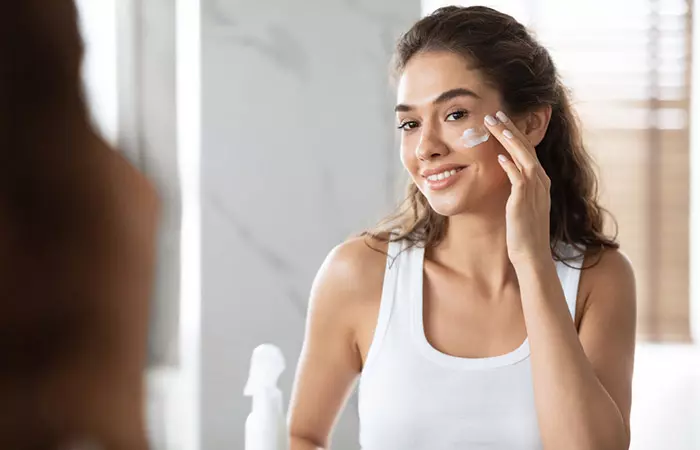
Facial moisturizers containing copper peptides provide hydration to the skin by opening up the pores and assisting them in locking in moisture. These products also enhance the skin’s health by imparting a healthy glow (3).
2. Serum And Eye Cream
Serums are made up of tiny molecules. Thus, the skin absorbs serum quickly. Introducing serums in the daily skincare routine provides quick results. The concentration of the ingredients in serum is usually higher than in any other product, making it the ideal product for achieving outstanding results in less time. Additionally, copper peptide eye creams provide firm and wrinkle-free under-eye skin.
3. Lip Balm
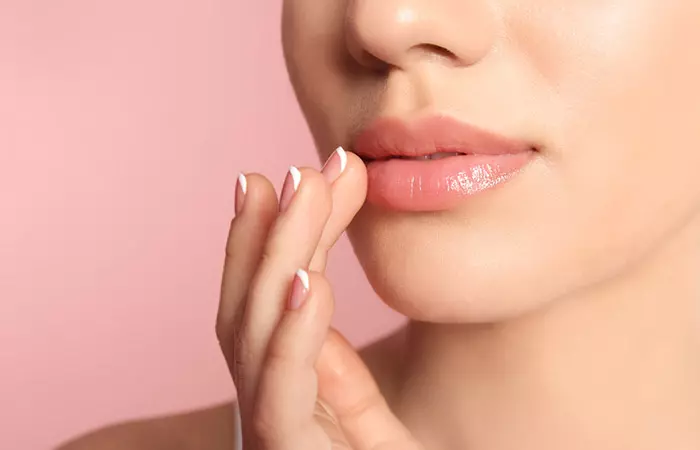
The fine lines and wrinkles around the lips impact the appearance of your pout. Also, the skin around the lips loses moisture quickly. Start using a copper peptide lip balm to protect your lips from these issues. It may aid in collagen production, resulting in smooth and plump lips.
4. Lotion
Apply a copper peptide lotion all over your body after stepping out of the shower. Just slather your washed and dried skin with an even coating of this lotion for healthy, moisturized skin.
Many people assume that copper peptides have similar effects as vitamin C for skin. Learn about the key differences between these two ingredients in the next section.
Copper Peptides Vs. Vitamin C: Key Comparisons
| Copper Peptides | Vitamin C |
|---|---|
| Boost collagen and elastin production in the skin. | Combats the effects of harmful UV rays on the skin. |
| Fight fine lines and wrinkles. | Fight uneven skin tone. |
| Reduce enlarged pores. | Unclog pores and clears dead skin cells. |
Infographic: Why Should You Use Copper Peptides For Skin Care?
Copper peptides may help combat the signs of aging. They promote collagen and elastin production to reduce fine lines, wrinkles, and skin sagging. They also improve the production of glycosaminoglycans that can help hydrate skin.
Check the infographic below to learn about the benefits of copper peptides and why you should use them in your skin care routine! Illustration: StyleCraze Design Team
The Bottom Line
If the worry of aging skin is keeping you up at night, you need to add copper peptides to your skincare routine. With proper and timely use, you can get supple youthful skin that will boost your confidence. Remember, each ingredient requires a few months of consistent use to show results. So, consider adding a moisturizer or serum containing copper peptides to your daily routine.
Frequently Asked Questions
Are copper peptides better than retinol?
Retinols can be harsh on sensitive skin and, in some cases, damage the skin when exposed to the sun. Alternatively, copper peptides are suitable for all skin types.
Can I use copper peptides every day?
Yes. Copper peptides can be used twice every day. However, use them as directed by a dermatologist.
How long does copper peptide take to work?
It takes around 3 months of consistent use to see the results.
Do copper peptides thicken the skin?
Yes, they improve the skin overall and make it thicker (1).
Can copper peptides be used with other skincare ingredients?
Yes, copper peptides generally work well with most skincare ingredients. However, avoid combining them with strong acids or retinols, as this may reduce their effectiveness. If you are unsure what are the right ingredients to pair copper peptides with for your skin type, then consult a dermatologist.
What skin types benefit most from copper peptides?
Copper peptides are suitable for all skin types but are especially beneficial for mature skin.
Illustration: Copper Peptides For Skin: Benefits Side Effects And How To Use

Image: Stable Diffusion/StyleCraze Design Team
Discover the incredible power of copper peptides in the below video! Unveil the secret behind this skin care sensation that rejuvenates, firms, and revitalizes your skin naturally. Get ready to glow like never before!
Personal Experience: Source
StyleCraze's articles are interwoven with authentic personal narratives that provide depth and resonance to our content. Below are the sources of the personal accounts referenced in this article.
i. I Used a Full Bottle of The Ordinary Buffet + Copper Peptides 1… Copper Peptides Skin Resultshttps://www.youtube.com/watch?v=gj0FdPr2dLs
References
Articles on StyleCraze are backed by verified information from peer-reviewed and academic research papers, reputed organizations, research institutions, and medical associations to ensure accuracy and relevance. Read our editorial policy to learn more.
- Regenerative and Protective Actions of the GHK-Cu Peptide in the Light of the New Gene Data
https://www.ncbi.nlm.nih.gov/pmc/articles/PMC6073405/ - Using Copper to Improve the Well-Being of the Skin
https://www.ncbi.nlm.nih.gov/pmc/articles/PMC4556990/ - GHK Peptide as a Natural Modulator of Multiple Cellular Pathways in Skin Regeneration
https://www.ncbi.nlm.nih.gov/pmc/articles/PMC4508379/ - The effect of tripeptide-copper complex on human hair growth in vitro
https://pubmed.ncbi.nlm.nih.gov/17703734/
Read full bio of Dr. Farhaad Riyaz
Read full bio of Swathi E
Read full bio of Anjali Sayee
Read full bio of Monomita Chakraborty







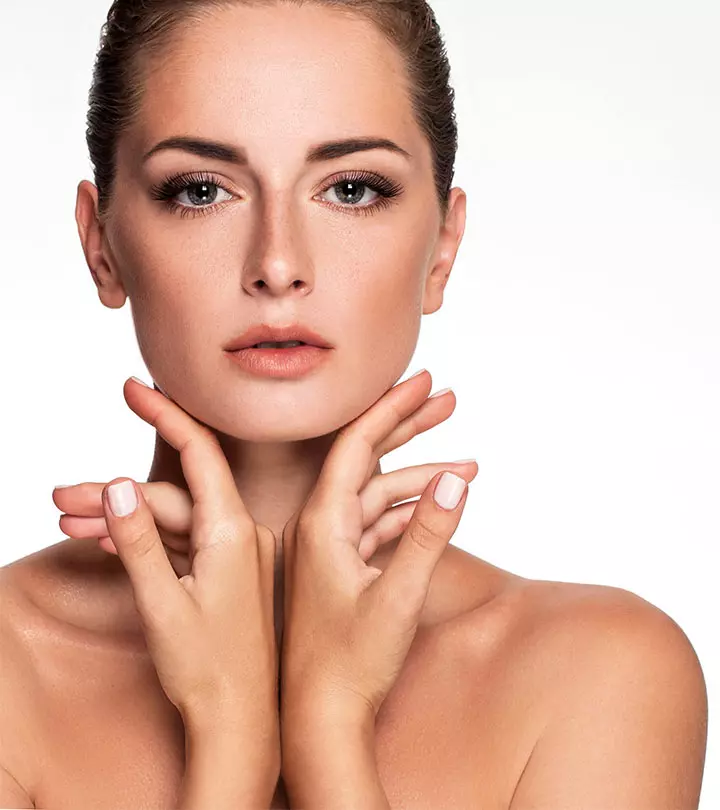

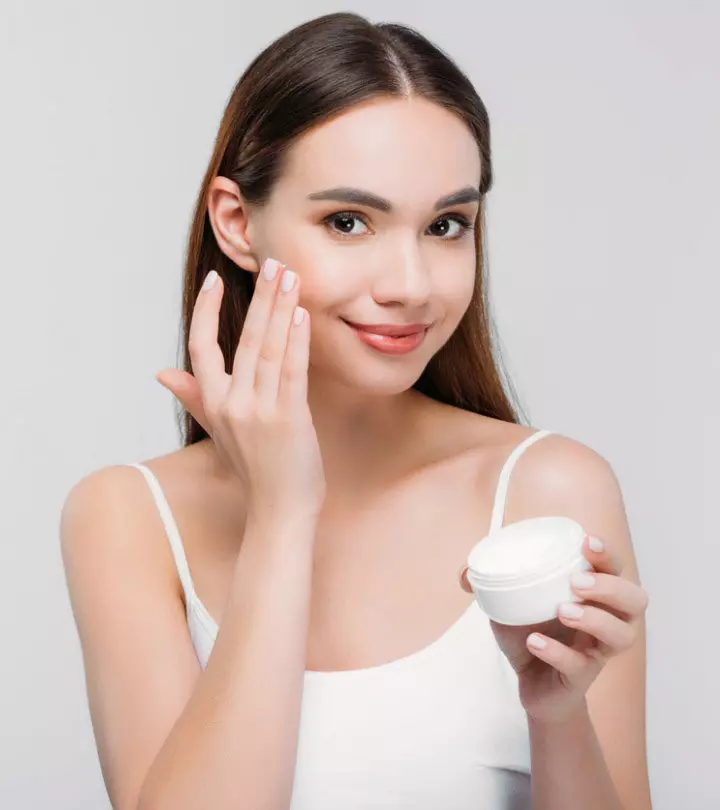
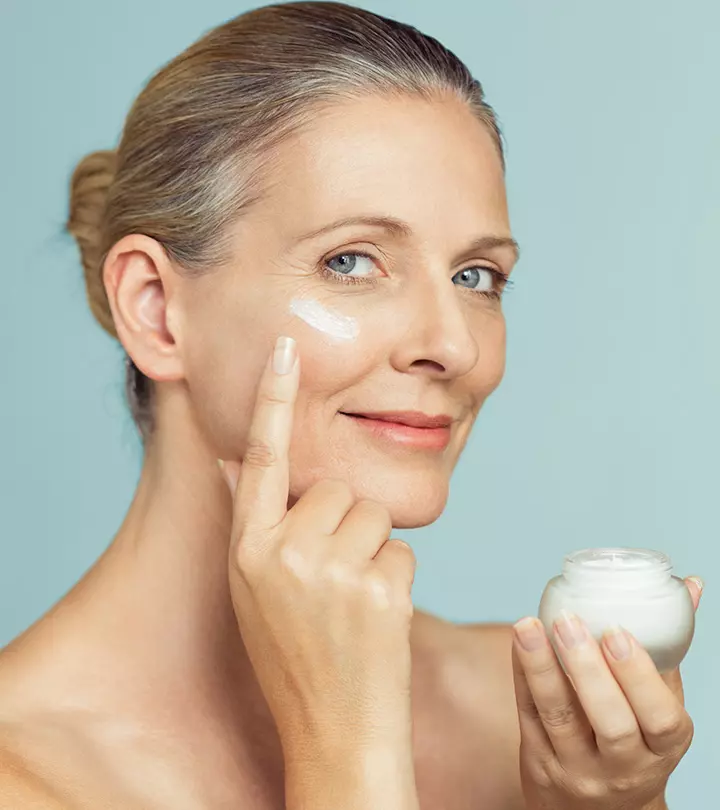
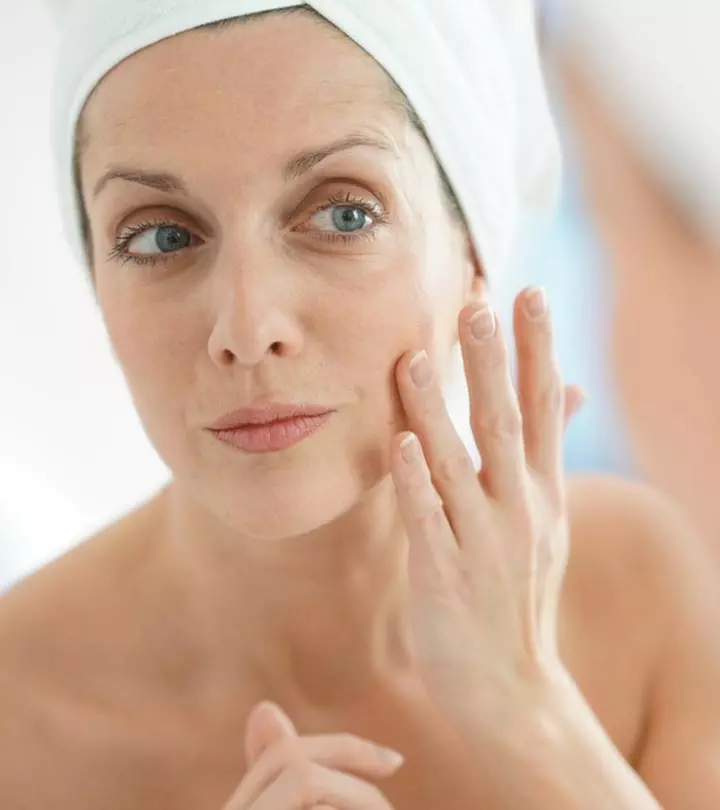

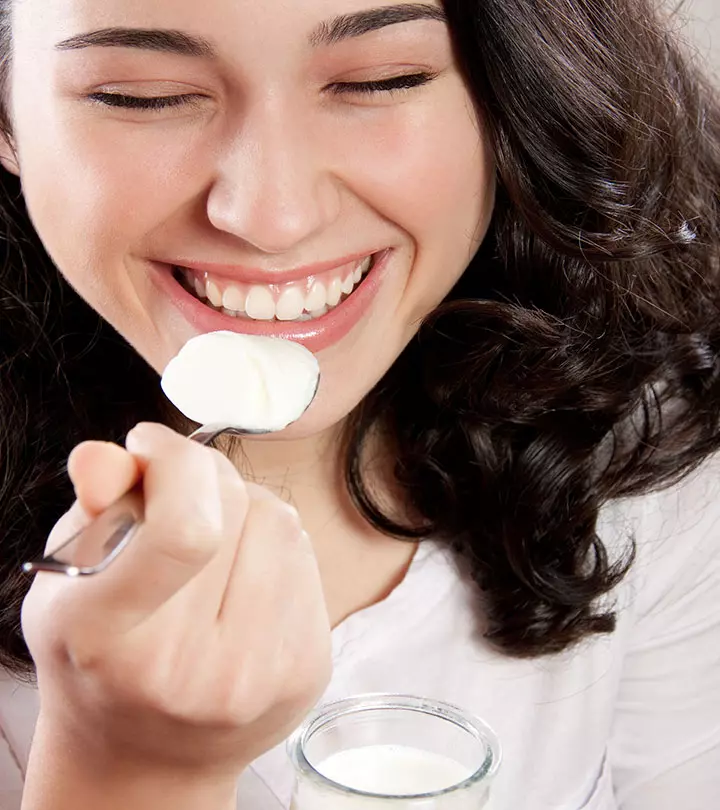
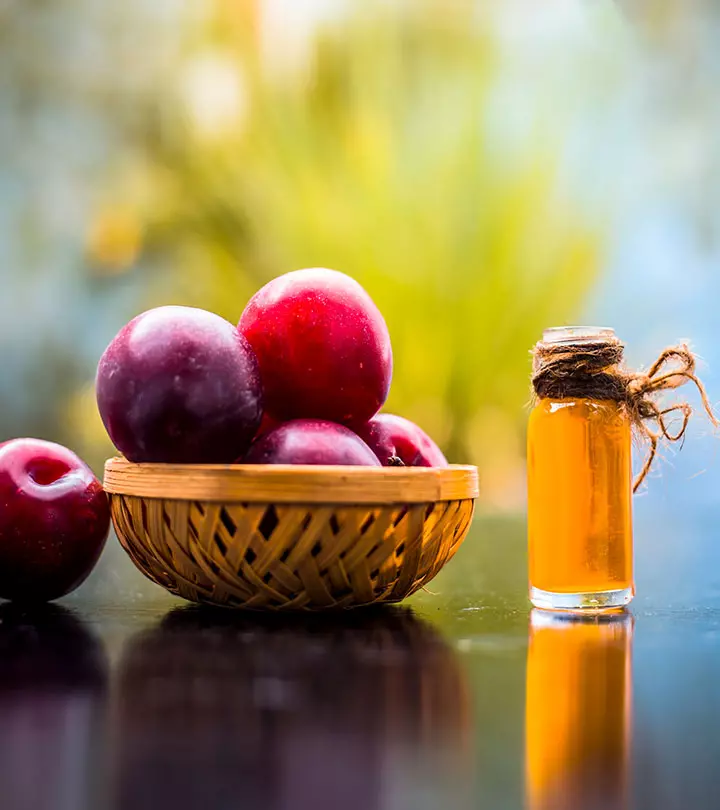

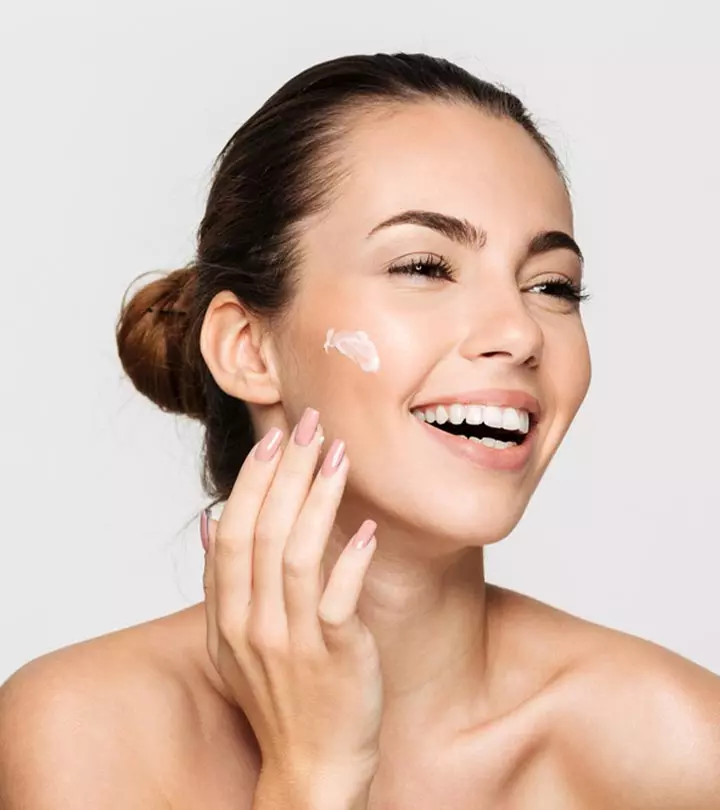
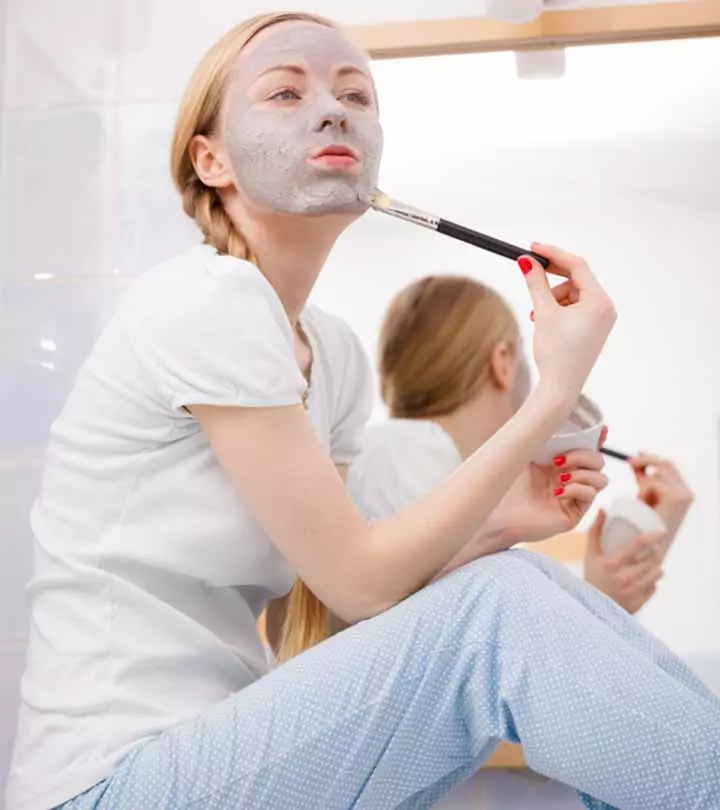
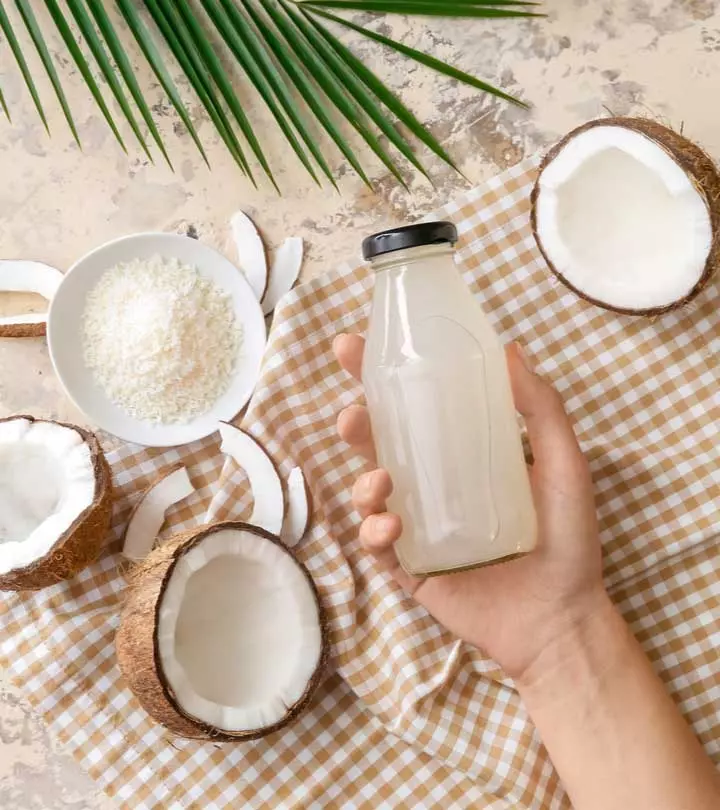
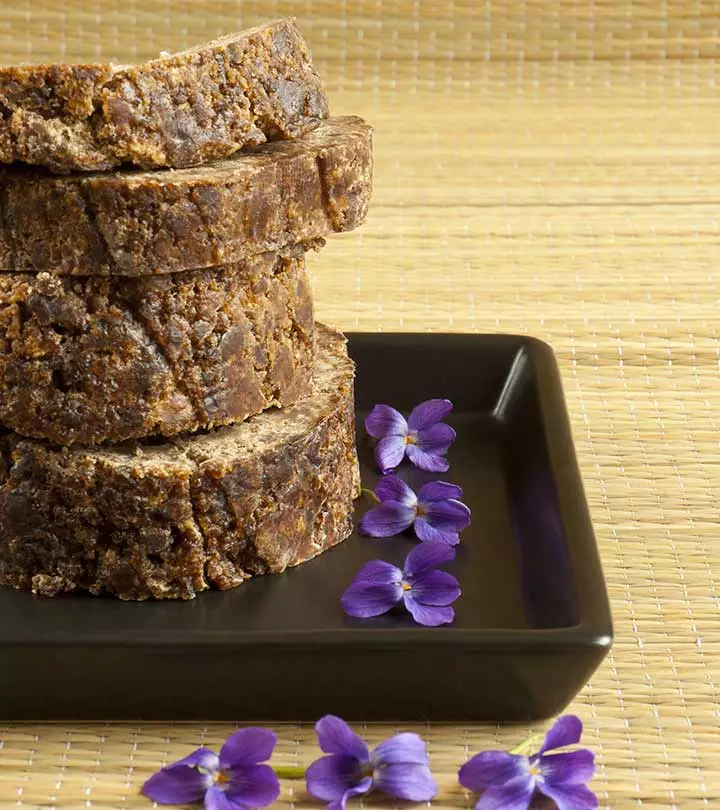
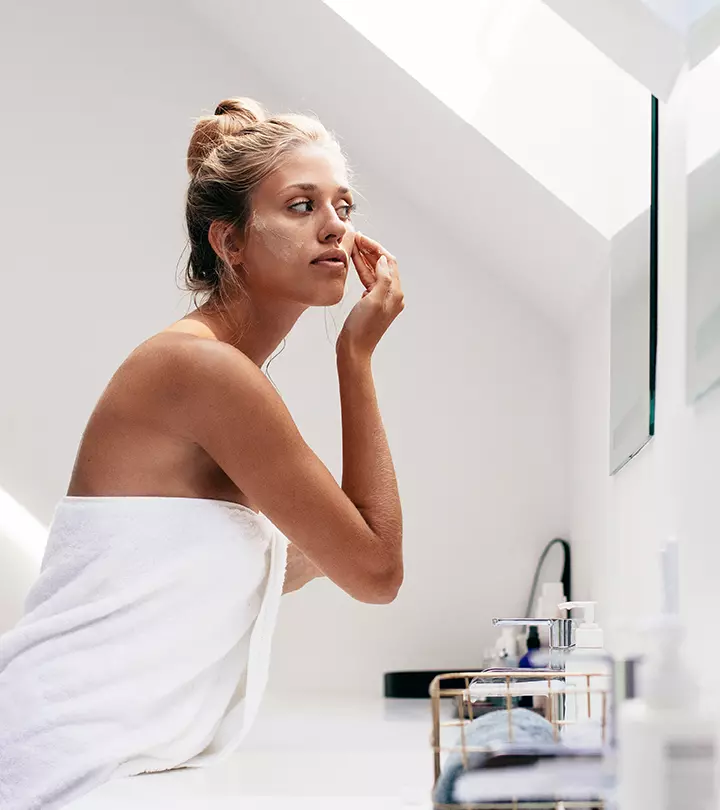

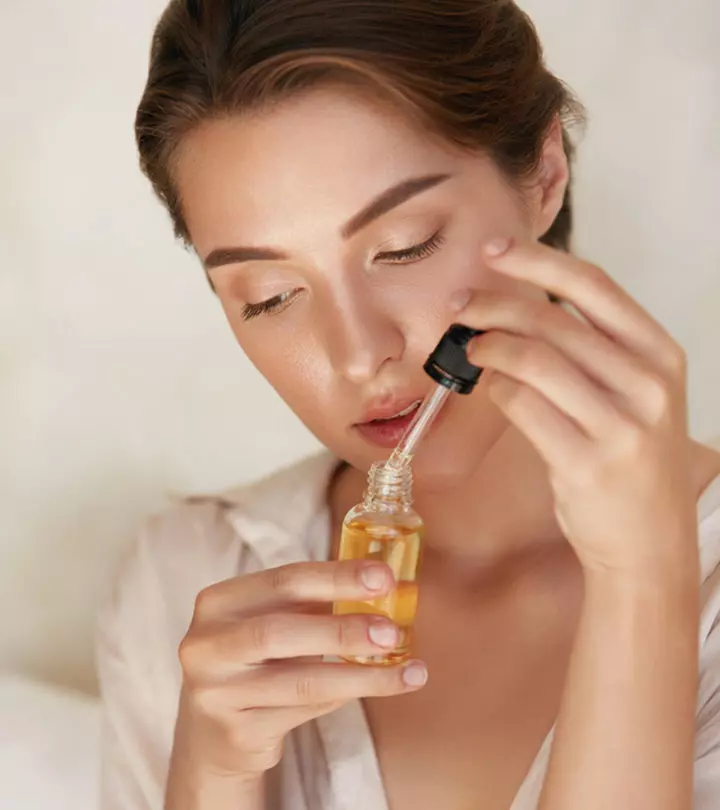
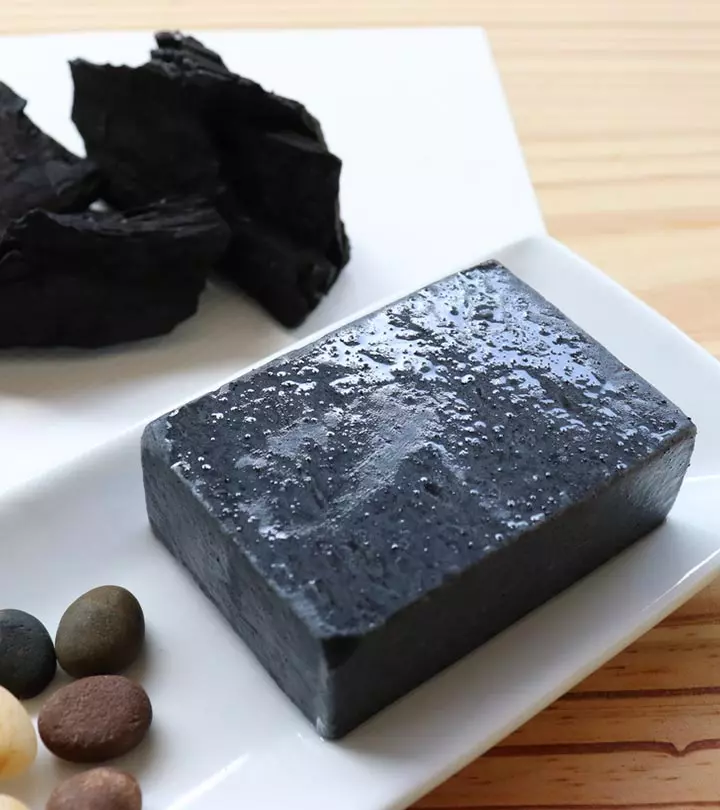
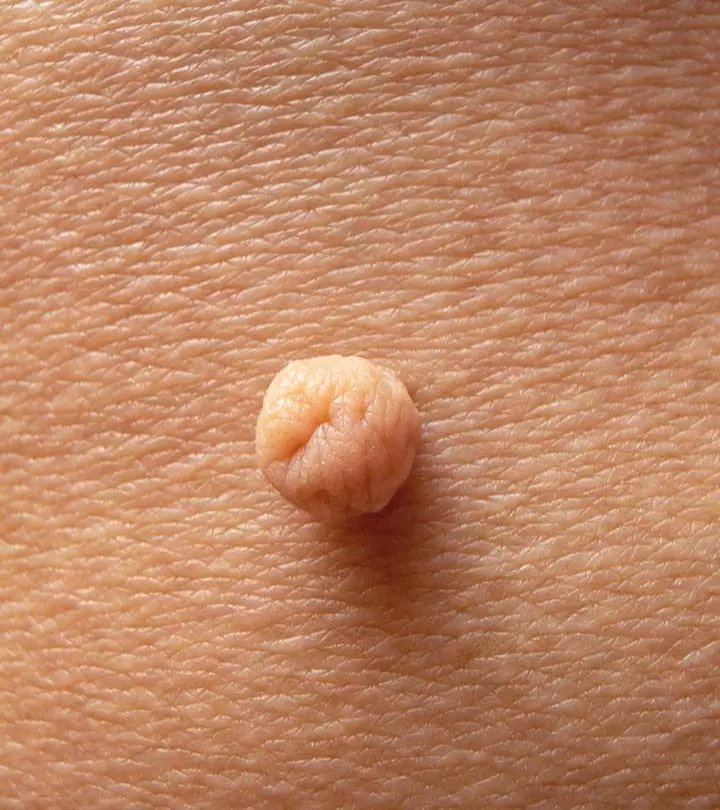

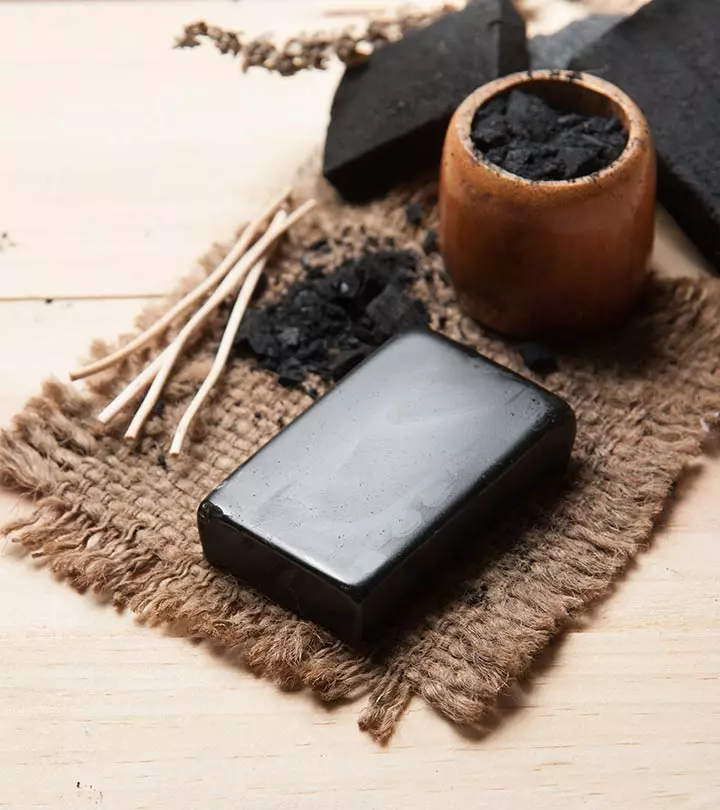
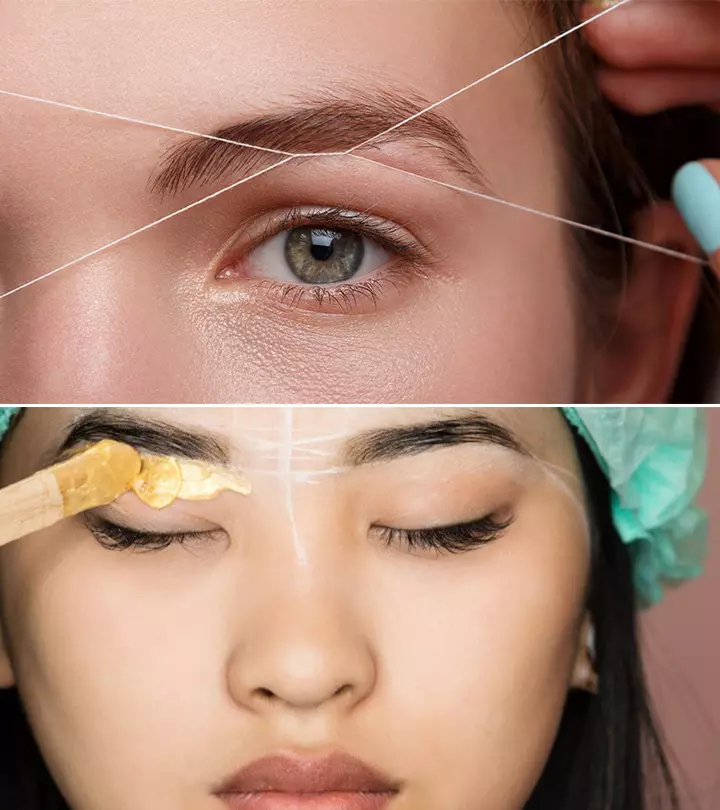
Community Experiences
Join the conversation and become a part of our empowering community! Share your stories, experiences, and insights to connect with other beauty, lifestyle, and health enthusiasts.